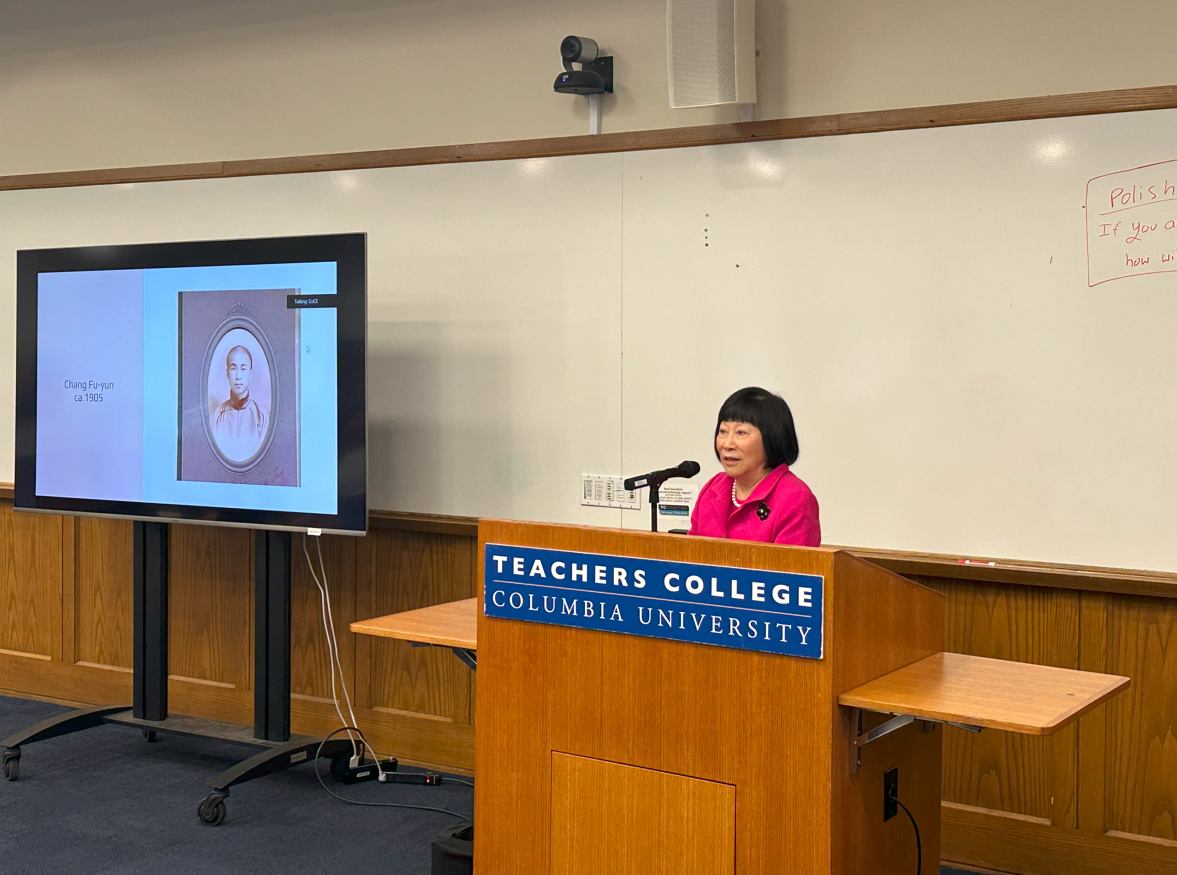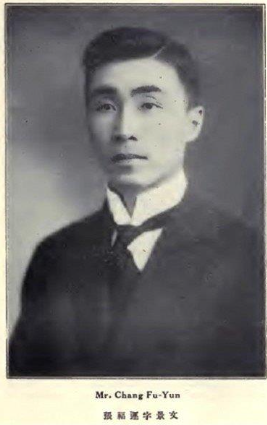

Ambassador Julia Chang Bloch, President of the F.Y. Chang Foundation and Executive Chair of the US-China Education Trust, spoke about the life and legacy of her late father, F.Y. Chang, at a program celebrating Asian American Pacific Islander Heritage Month, co-sponsored by the Renwen Society of the China Institute and the Center on Chinese Education at Teachers College, Columbia University on May 18th, 2024.
Her presentation explored a broad sweep of her father’s extraordinary life and achievements, marked by China’s Century of Humiliation, when foreign powers invaded and subjugated China through unequal treaties, ruinous indemnity payments, and territorial concessions. She recounted pivotal events such as the Treaty of Nanjing, the first unequal treaty, when China capitulated to Great Britain to end the First Opium War (1839-1842); Germany’s invasion and takeover of Shandong (1897), her father’s birthplace; the Treaty of Versailles, ending World War I, when the allies gave Japan all of Germany’s former rights in Shandong.
These events deeply affected Ambassador Bloch’s father and his generation and created a new generation of Chinese who sought to modernize China and free it from foreign domination. F.Y. Chang would pursue a Western education to bring about change through legal means. He became a Boxer Indemnity Scholar in the second cohort of Chinese students sent to the United States to study. He attended Harvard University and became the first Boxer Scholar to graduate from Harvard Law School (1911-1917).
The Boxer Indemnity Scholarship Program became one of the earliest cornerstones of US-China educational exchange, providing nearly 2,000 Chinese students the opportunity to study in the U.S., contributing significantly to China’s modernization, particularly in higher education. Upon returning to China after his study in America, F.Y. Chang joined the Foreign Ministry, taking on a number of diplomatic positions, and then becoming President of Jiaotong University in Beijing in 1923. Later, as Director General of the Chinese Maritime Customs Service, he played a central role in returning China’s customs authority from foreign domination to Chinese control, as well as regaining China’s tariff autonomy. He earned a reputation for high integrity at a time when China struggled with corruption and civil unrest and represented China during negotiations leading to the founding of the United Nations in 1945.
The F.Y. Chang Foundation and the US-China Education Trust carry on the legacy of Ambassador Bloch’s father: “We are continuing my father’s vision to advance the study of the US in China—to build bridges between the two countries, particularly to help China’s next generation leaders understand America, like the Boxer Indemnity Scholars.”
We invite you to read the entire speech here.
More information about the event held at the China Institute can be found here.
